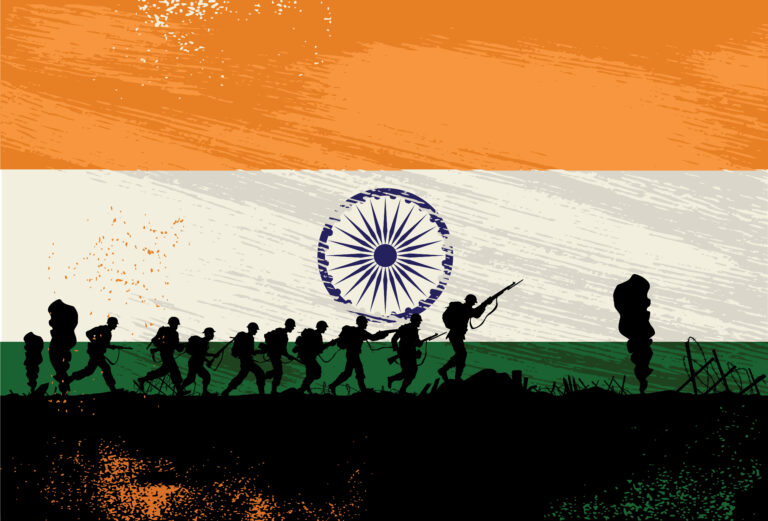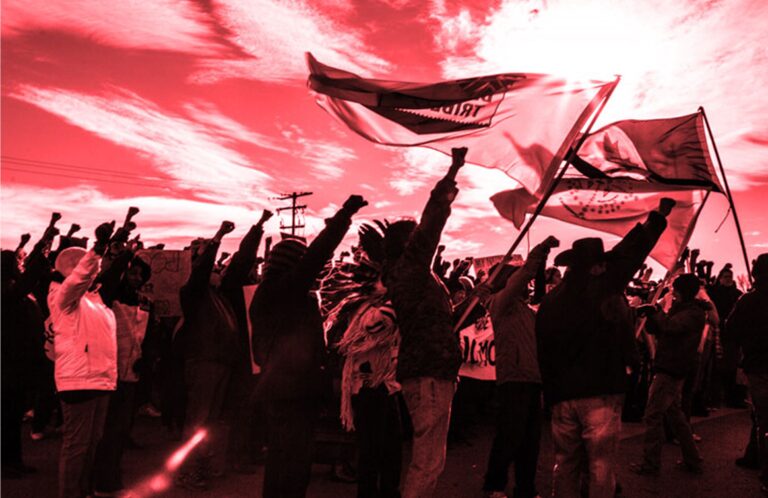Upholding the universal principles of human rights as we once defined them is no longer a priority in Canada and the West generally. Today the primary rights imperative is that no one must feel offended, or at least no one belonging to certain groups currently recognized as victims of oppression. This new rights paradigm is manifest in the ill-named federal and provincial Human Rights Commissions and Tribunals of Canada, which forbid and punish speech and writing alleged to bring designated victim groups into disrepute.
Both the selective application and the coercive power of the new rights regime were vividly illustrated in this spring’s two-thirds majority vote in the House of Commons on a Liberal motion condemning “Islamophobia.” A Conservative attempt to make the motion a universal condemnation of discrimination against all religions was crushed, and while the motion had no specific legal application, its clear intent was to suppress free and open debate about the indisputable links between Islam, the oppressive tenets of Shariah law, and Jihadist violence and barbarism.
The concept of human rights that prevailed after the Second World War was a response to the horrors of the War and the Holocaust. Its most authoritative enunciation is The United Nations Universal Declaration of Human Rights, which was adopted by the U. N. General Assembly in 1948, thanks in good part to Canadian advocacy and expertise, especially by Canadian John Peters Humphrey, Director of the Division of Human Rights within the United Nations Secretariat. The Declaration has since been translated into 501 languages, and parts of it have been incorporated into the laws of many nations.
Given how badly the principles have been abused, it’s worth recalling the essentials of the Declaration: rights apply to all without discrimination on the basis of race, religion, sex, origin, etc. (Article 2); everyone has the right to life, liberty and security of person (Article 3); slavery is forbidden (Article 4); torture is forbidden (Article 5); everyone has the right to equality before the law (Article 7) and freedom of movement (Article 13); marriage can occur only with the free and full consent of those to be married (Article 16); everyone has the right to own property (Article 17), the right to freedom of thought, conscience and religion (Article 18), the right to freedom of opinion and expression (Article 19), and the right to peaceful assembly (Article 20).
The UDHR was passed in the UN General Assembly with 48 countries in favour, none against. But there were eight abstentions. South Africa refused to sign because the Declaration was irreconcilable with its apartheid system of racial segregation. The Soviet Union and its Communist Bloc countries Czechoslovakia, Poland, Yugoslavia, Byelorussia, and Ukraine also withheld support, knowing full well that human rights had no standing in their show trials, political executions, and gulags. And Saudi Arabia refused to sign on the grounds that the UDHR conflicts with orthodox Islam and particularly Sharia law. Sharia regards women who choose their own spouses as adultresses, which is a crime punishable by death. And it treats people who change their religion as apostates, another capital crime. In fact, where Sharia is strictly enforced freedom of thought and expression is all but impossible because all beliefs other than Islam are regarded as heresy, and therefore punishable by execution.
(The gang of 8 were joined in 1982 by the new Islamic Republic of Iran, which proclaimed the UDHR in conflict with its ultra-orthodox brand of Islam.)
In the rest of the world, most state and non-state actors either tried or as least pretended to subscribe to and uphold the human rights ideals enshrined in the Declaration. A notable exception was the American Anthropological Association, which proclaimed its opposition in 1947, even before the HDR was formally adopted by the UN. The AAA’s reasoning, an odd melange of cultural relativism and Marxism-Leninism, foreshadowed the corruption of human rights we see today.
The Association broke with its early 20th century founders, Franz Boas and Ruth Benedict, who argued that anthropologists had to temporarily set aside their own values and preferences in order to fully understand the values and preferences of those they are studying. But their successors, who were the pioneers of modern cultural relativism, fervently believed that no culture is intrinsically better than any other, so neither anthropologists nor anyone else had any right to make judgements about other cultures or impose their values on anyone else. “Respect for differences between cultures is valuated by the scientific fact that no technique of qualitatively evaluating cultures has been discovered,” proclaimed the official 1947 AAA “Statement on Human Rights.”
The Association’s position was not merely rooted in the doctrine of cultural relativism, but of ethical relativism – a denial of any intellectual or philosophical framework for identifying right from wrong or good from evil. It is remarkable that an organization representing thousands of highly trained western minds arrived at this conclusion in the years immediately following the Holocaust. Even worse, the AAA contradicted its own dogma in order to pronounce the Leninist judgement that “the West’s history of colonialism and Evangelicalism made them a problematical moral representative for the rest of the world.” And because the UDHR was “defining universal rights from a Western paradigm,” it would therefore be wrong to impose it on the rest of the world.
The AAA’s Leninist paradigm continues to dominate anthropology to this day. Since the fall of the Soviet Union, most anthropologists and communists and socialists have been too embarrassed to quote Marx, Engels, and Lenin by name. But the same anti-Western bias informs the “postcolonial” conviction that pervades most current teaching and research in anthropology, along with extreme cultural relativism that suppresses criticism of cultures other than the West. Most of my senior seminar anthropology students at McGill University, where I teach, say they prefer cultural relativism over traditional western human rights values, even when they understand that the two perspectives are in contradiction. They have learned their anthropology well, at the expense of losing their moral compass.
Cultural and ethical relativity has been widely adopted by Western educational and political elites, and, to paraphrase influential anthropology theorist Clifford Geertz, it is now “out in the streets.” The belief that it is wrong to judge the beliefs, values, and laws of other cultures is now widely held. In the West, increasingly, the only values encouraged, certainly in educational circles, are “diversity” and multiculturalism. Even Prime Minister Justin Trudeau has stated that Canada has no cultural identity of it own, that cultural diversity is the primary civic characteristic and strength of Canada, and that he wishes he was an immigrant. This view goes beyond saying that we cannot judge others, to saying we have no values of our own on the basis of which judgement might be made.
Among progressives, equality of result is the highest-ranking social objective. It is offended by racism, sexism, Islamophobia, and economic inequality, and defended by reverse racism, reverse sexism, Islamophilia, and forced redistribution of wealth, resources and political power.
However, this prescription is not for countries outside the West. Progressives ignore class, gender, sexual, and minority oppression elsewhere in the world because that would impose judgment on other cultures and violate the edicts of cultural and ethical relativism.
Such is the power and influence of these convictions in modern western culture that few political leaders have advocated aggressive action against such travesties as the mass murder of “infidel” Christian and Yazidi men and boys in Syria, or the capture, rape and enslavement of Christian and Yazidi women and girls there by Islamists. The West also mostly stood by for years as Muslim-dominated northern Sudan tried to exterminate the Christian south. The niqab is treated as a badge of religious equality in the West, while gender equality is a cruel joke in most of the Muslim world. The murder of boys and gang rape of girls associating with girls and boys of the wrong caste in South Asia continues without western censure or sanction. And while China completes its military occupation and cultural takeover of Inner Mongolia, Xinjiang, and Tibet, the Trudeau government is advocating for more Chinese trade and investment.
The idea of human rights has been undermined by the idea of absolute cultural and moral relativity, an idea developed and advocated above all by anthropologists, but now widely diffused and accepted. My students at McGill identify primarily as cultural relativists, and most are indifferent to the idea of human rights.




